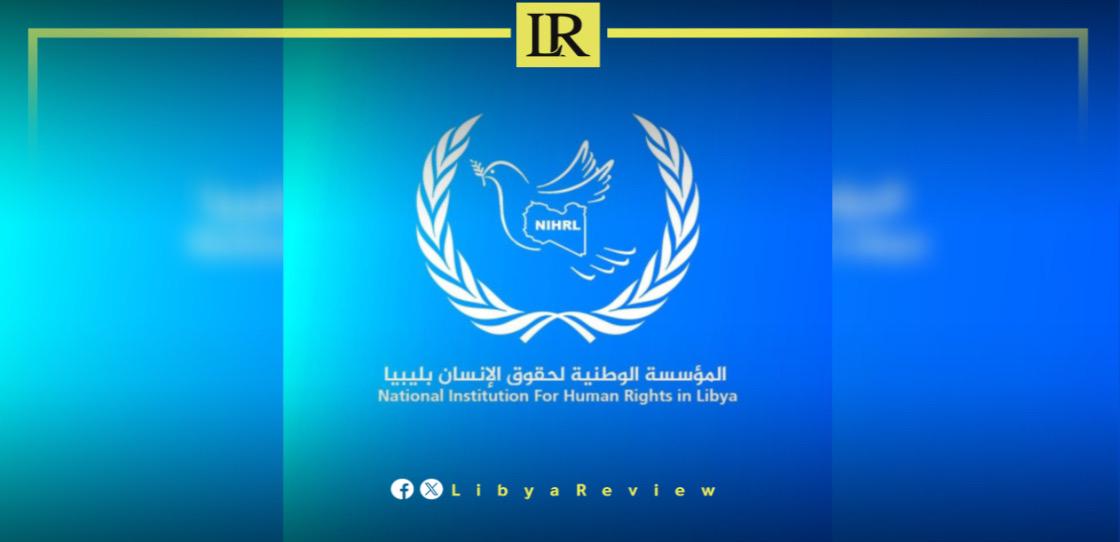Ahmed Hamza, Head of the National Institution for Human Rights in Libya (NIHRL), has criticised recent statements made by Interior Minister appointed by the Government of National Unity (GNU) Emad Al-Trabelsi, regarding the imposition of the hijab on Libyan women. Hamza asserted that Al-Trabelsi’s remarks suggest that Libyans require moral guidance from the government, an implication Hamza found disrespectful to the values upheld by Libyan families.
In comments to Erem News, Hamza said that Al-Trabelsi’s statements insinuate a lack of values and respect within Libyan society, undermining the moral foundations that families have long nurtured. Hamza expressed concern over Al-Trabelsi’s plans to impose measures that lack a solid legal basis, which he described as arbitrary.
Hamza further emphasised the gravity of Al-Trabelsi’s proposal to detain patrons of cafes who are not in family groups, labeling it a dangerous notion. Libyan law specifies which public actions are criminal, such as indecent behavior, without extending restrictions on individuals based on familial relations.
Hamza noted that Al-Trabelsi’s actions encroach on legislative powers, which have sole authority to establish laws in accordance with Libya’s international commitments. “We reject any attempt to legitimise human rights violations, citizenship restrictions, or public freedoms under any pretext,” he affirmed.
He added that Al-Trabelsi’s comments conflict with Libyan customs, religion, and tradition, as well as commercial laws that legally regulate such activities.
On Saturday, Amnesty International voiced strong condemnation over recent statements by Libya’s Interior Minister Emad Al-Trabelsi, who announced plans to enforce a mandatory hijab, restrict gender interactions, and control hairstyles and clothing choices among Libyan citizens.
Amnesty called the minister’s remarks a “dangerous escalation” in repression, arguing that these policies violate Libya’s obligations under international human rights standards.
The organisation urged Libya’s Government of National Unity (GNU) to abandon the proposed measures and focus instead on addressing the country’s broader human rights crisis.
Minister Al-Trabelsi’s statements included plans to activate a “morality police” tasked with enforcing dress codes, mandating hijab wearing, preventing mixed-gender social interactions, and restricting what he termed “improper behavior.” He specifically blamed an uptick in youth drug use for the need for stricter social controls, even suggesting that he would pursue “severe measures” regardless of their legal basis.
Amnesty International and other rights organisations are alarmed by Trabelsi’s comments, viewing them as an open invitation to arbitrary enforcement of restrictive policies, which could lead to increased detentions and other violations. Trabelsi’s rhetoric, critics say, singles out Libya’s youth, imposing on them strict social limitations that would damage individual freedoms and weaken Libya’s global image.


